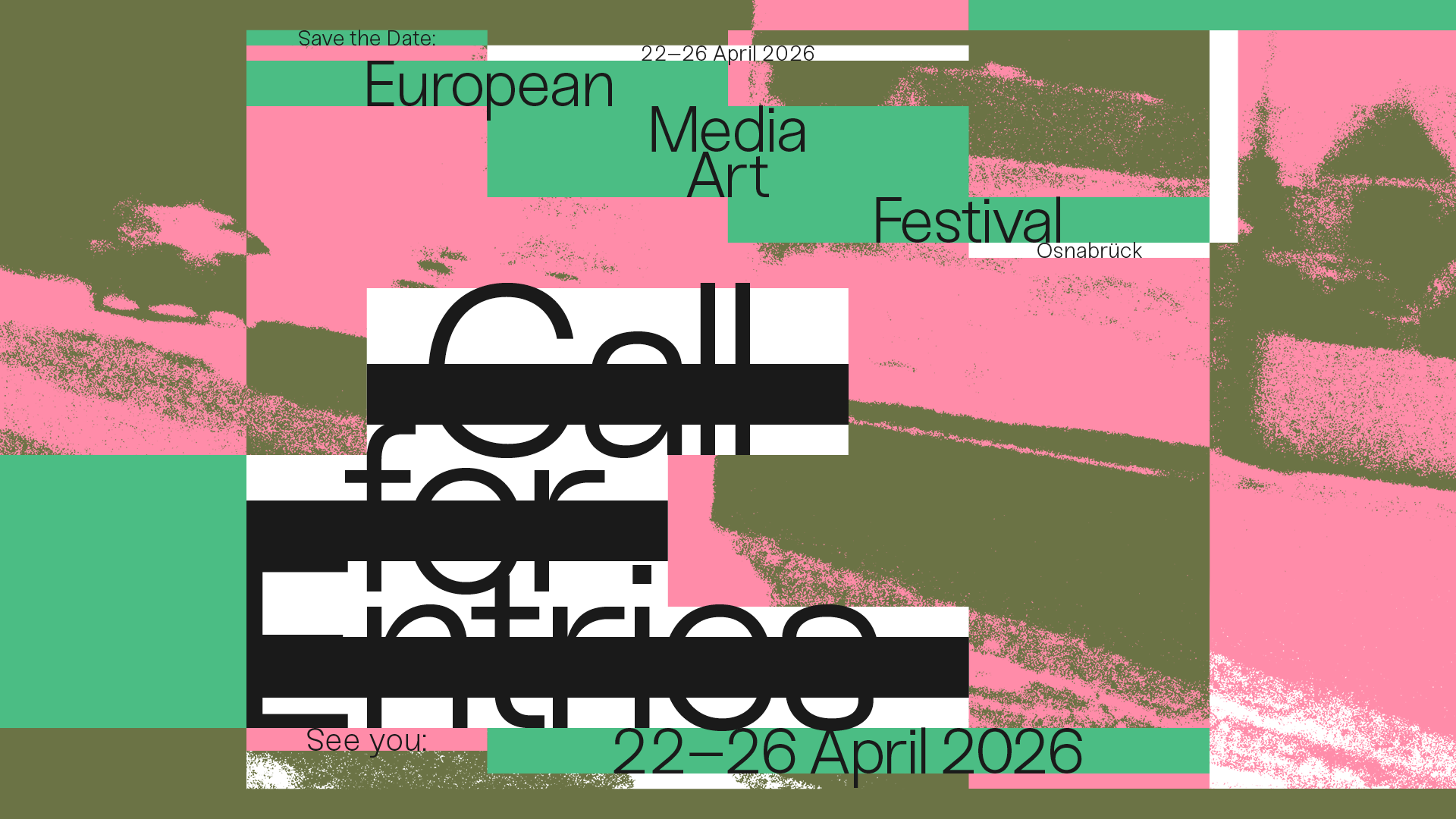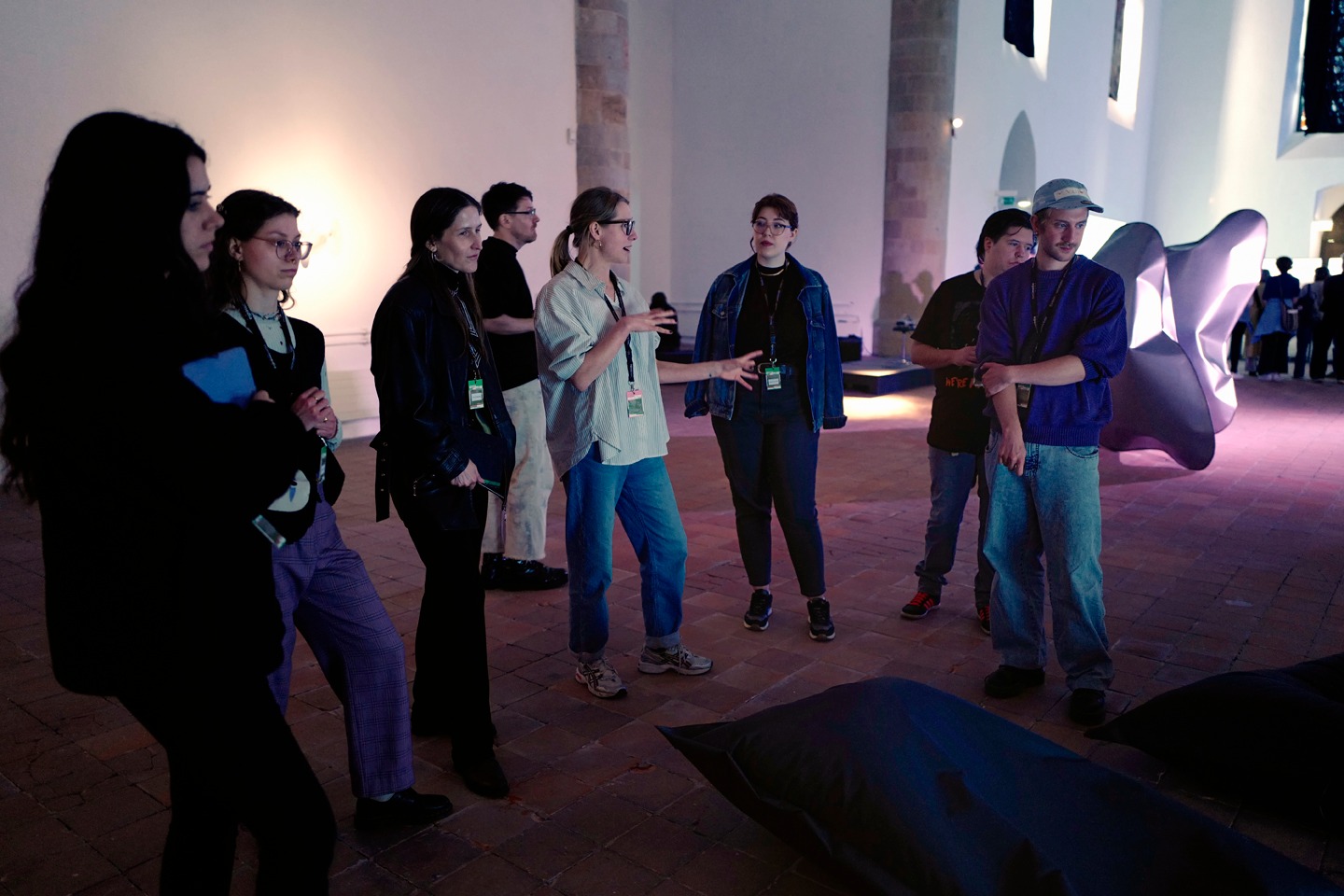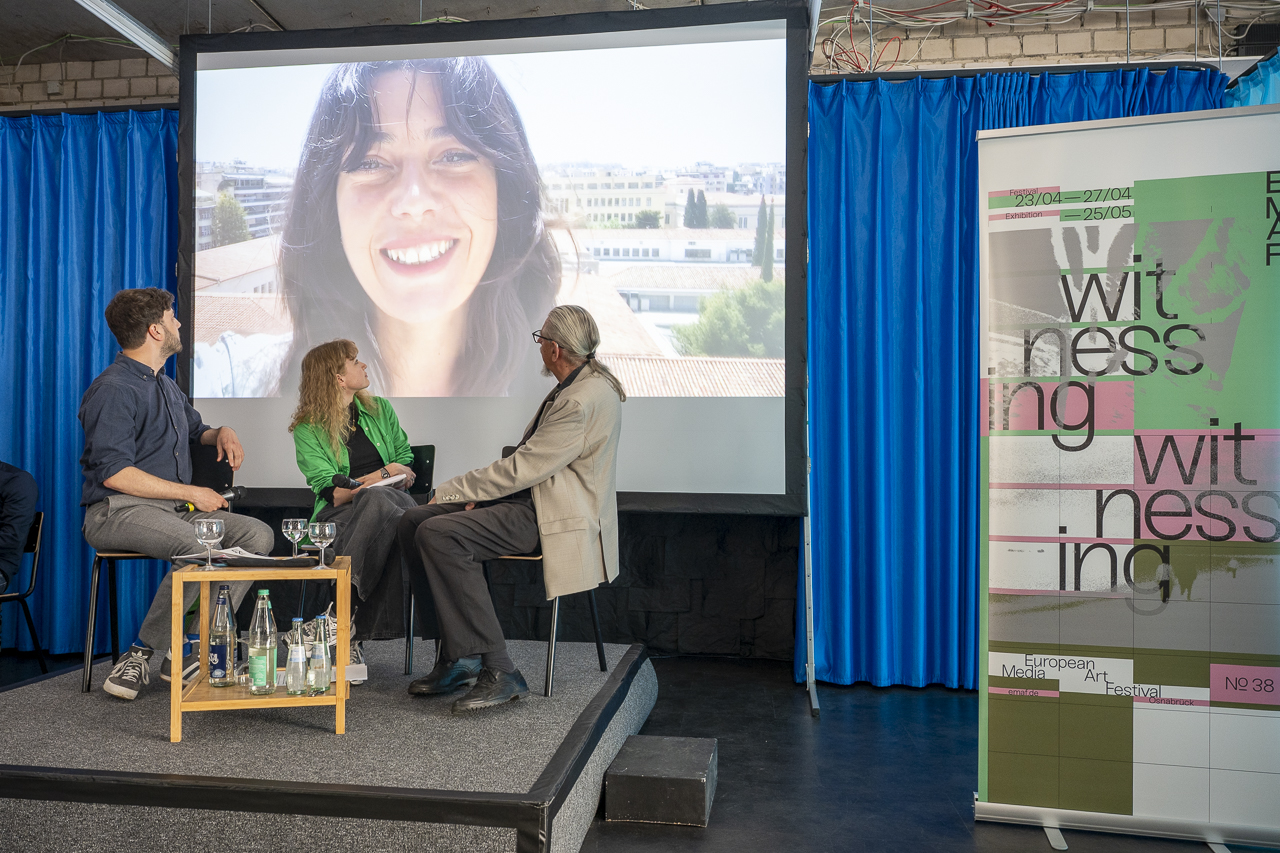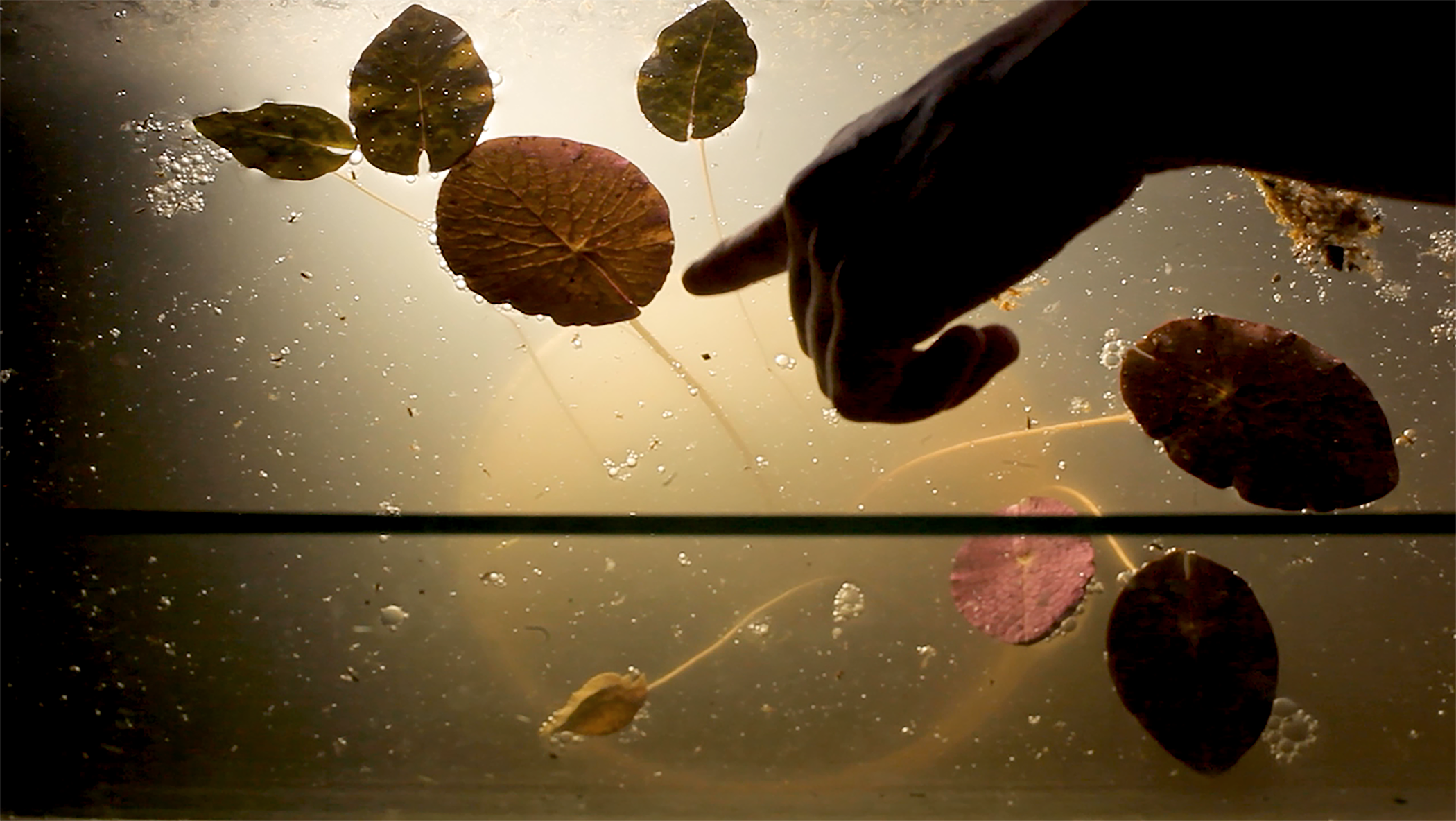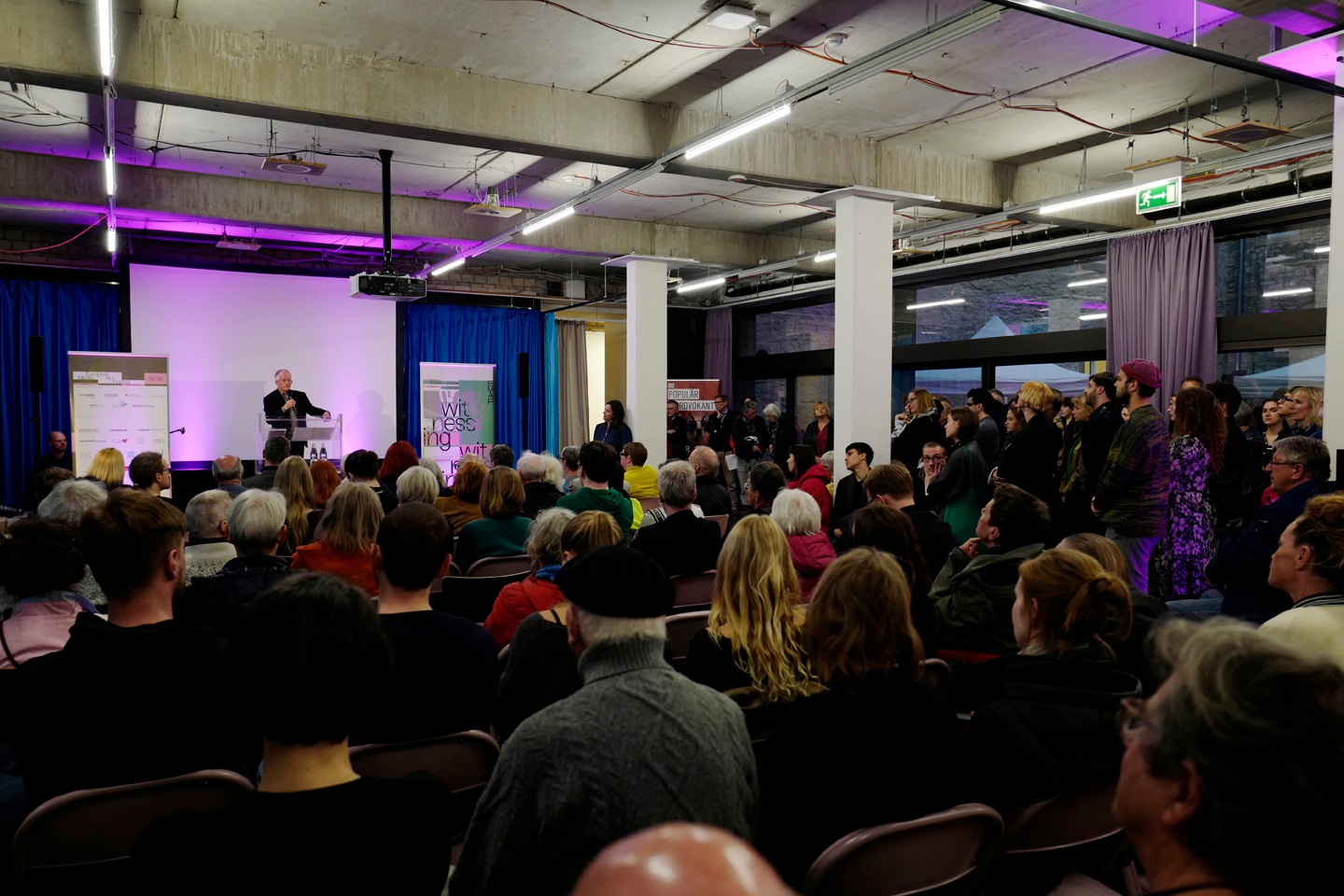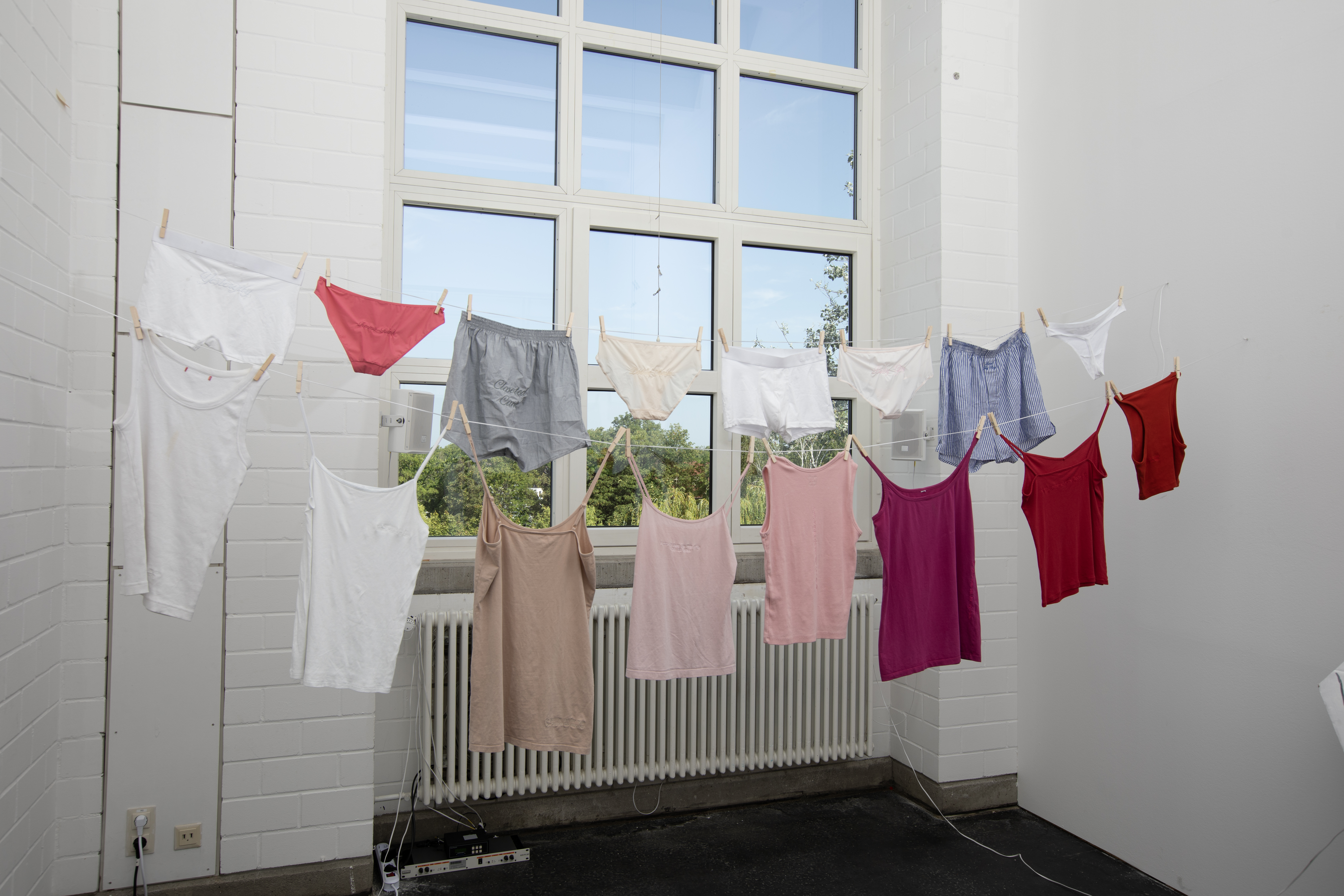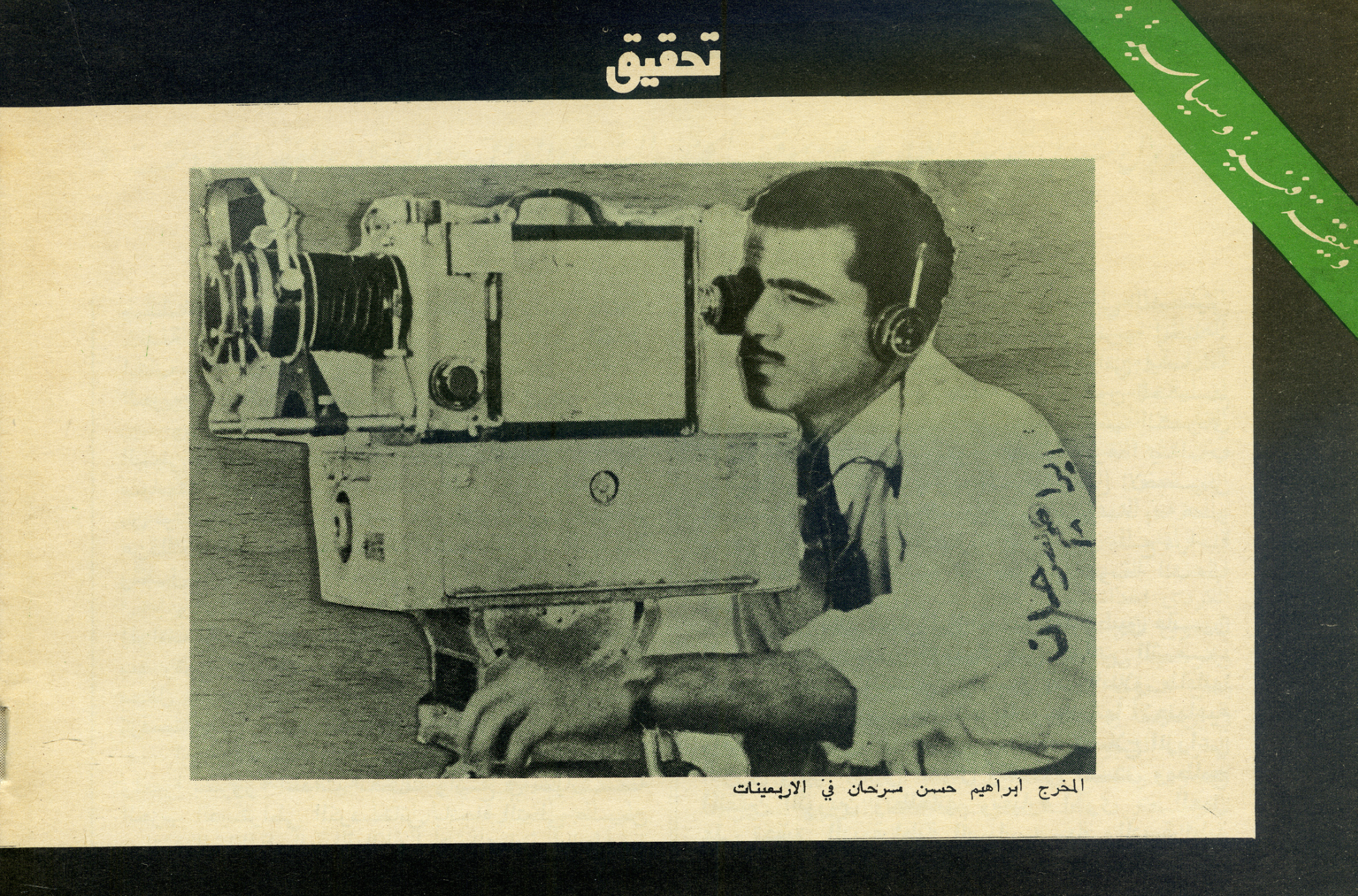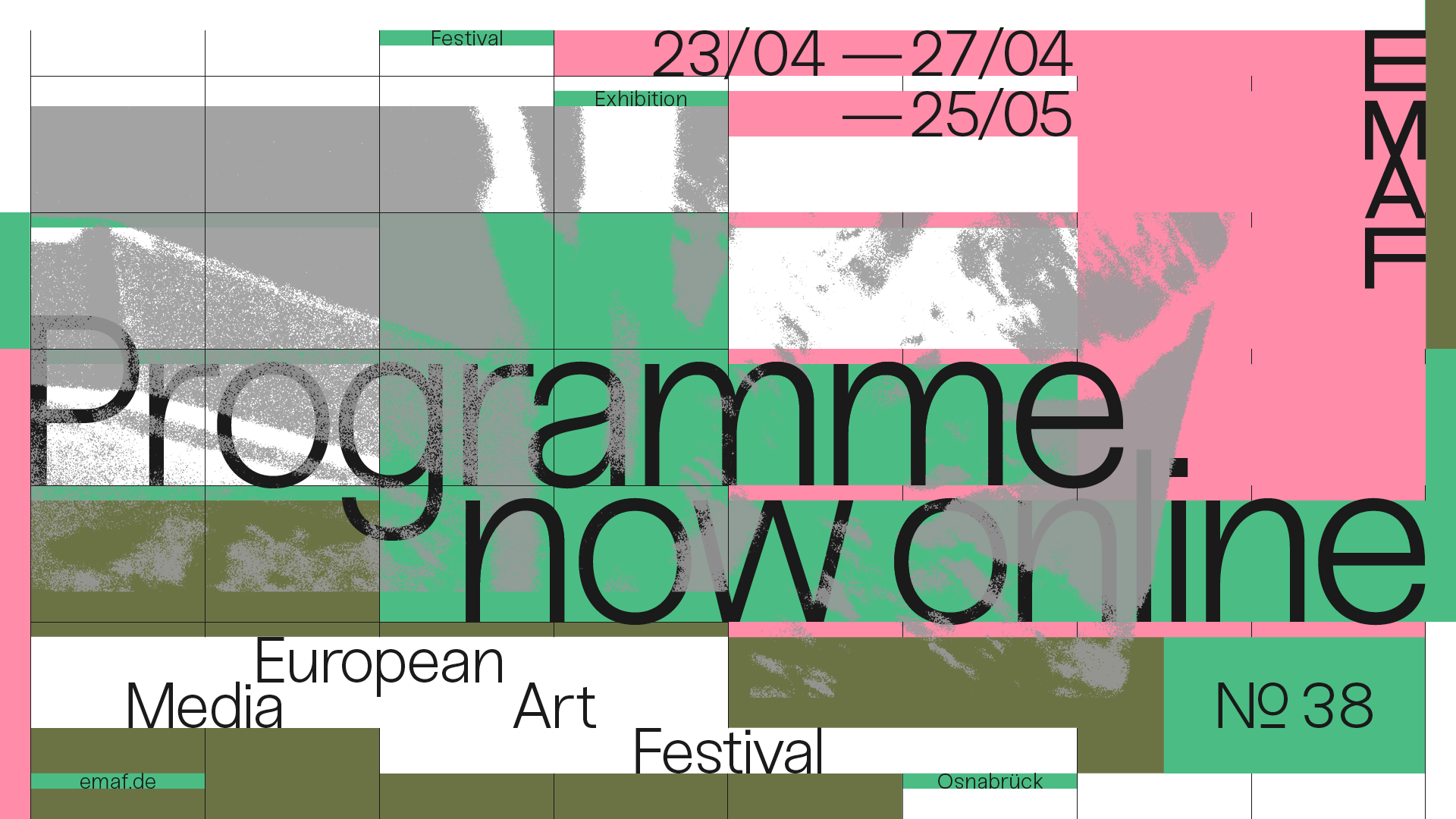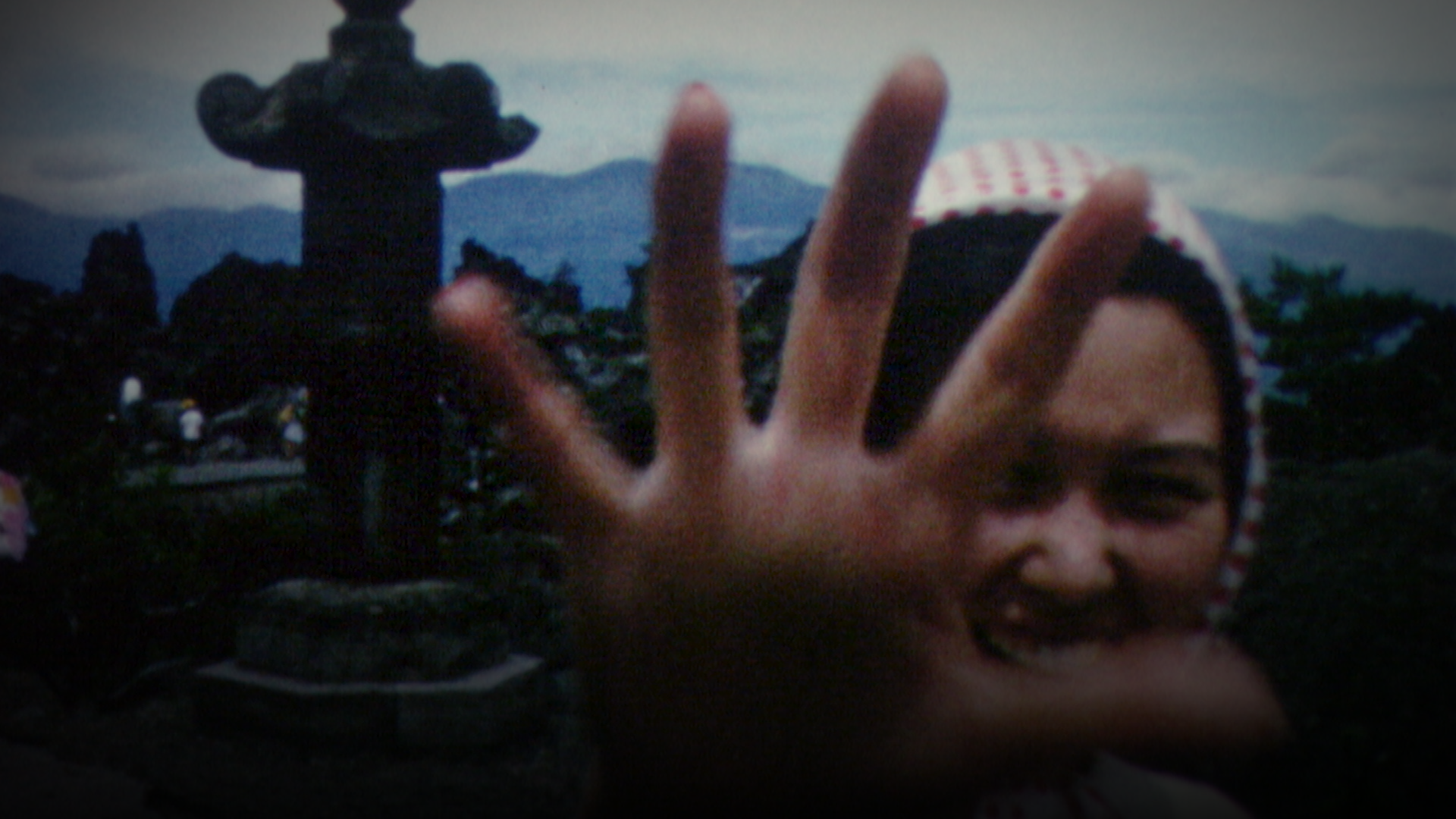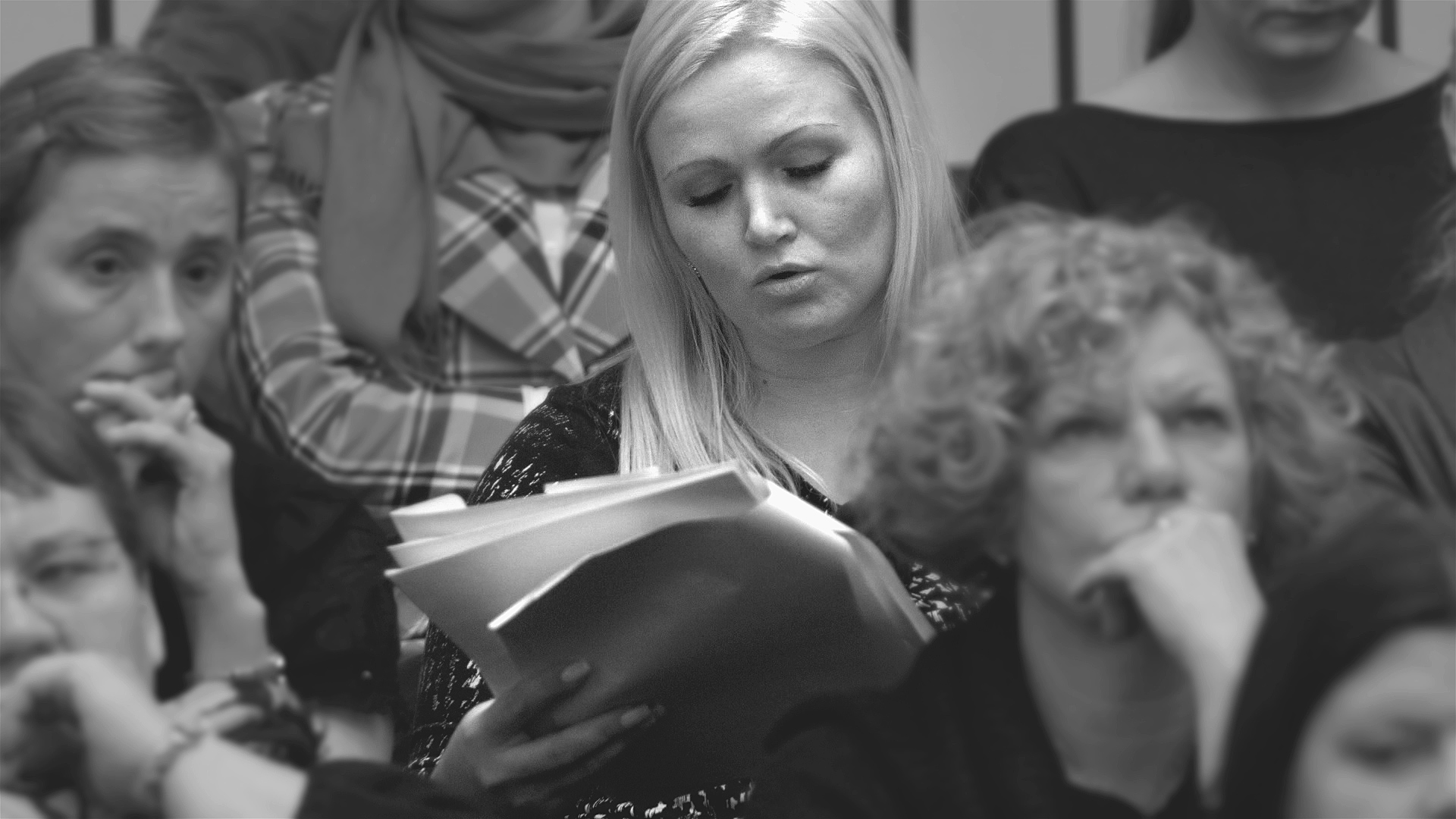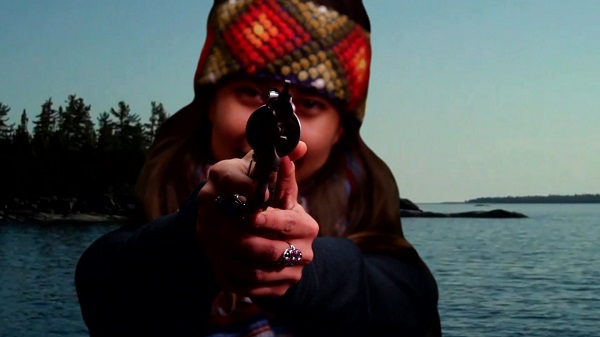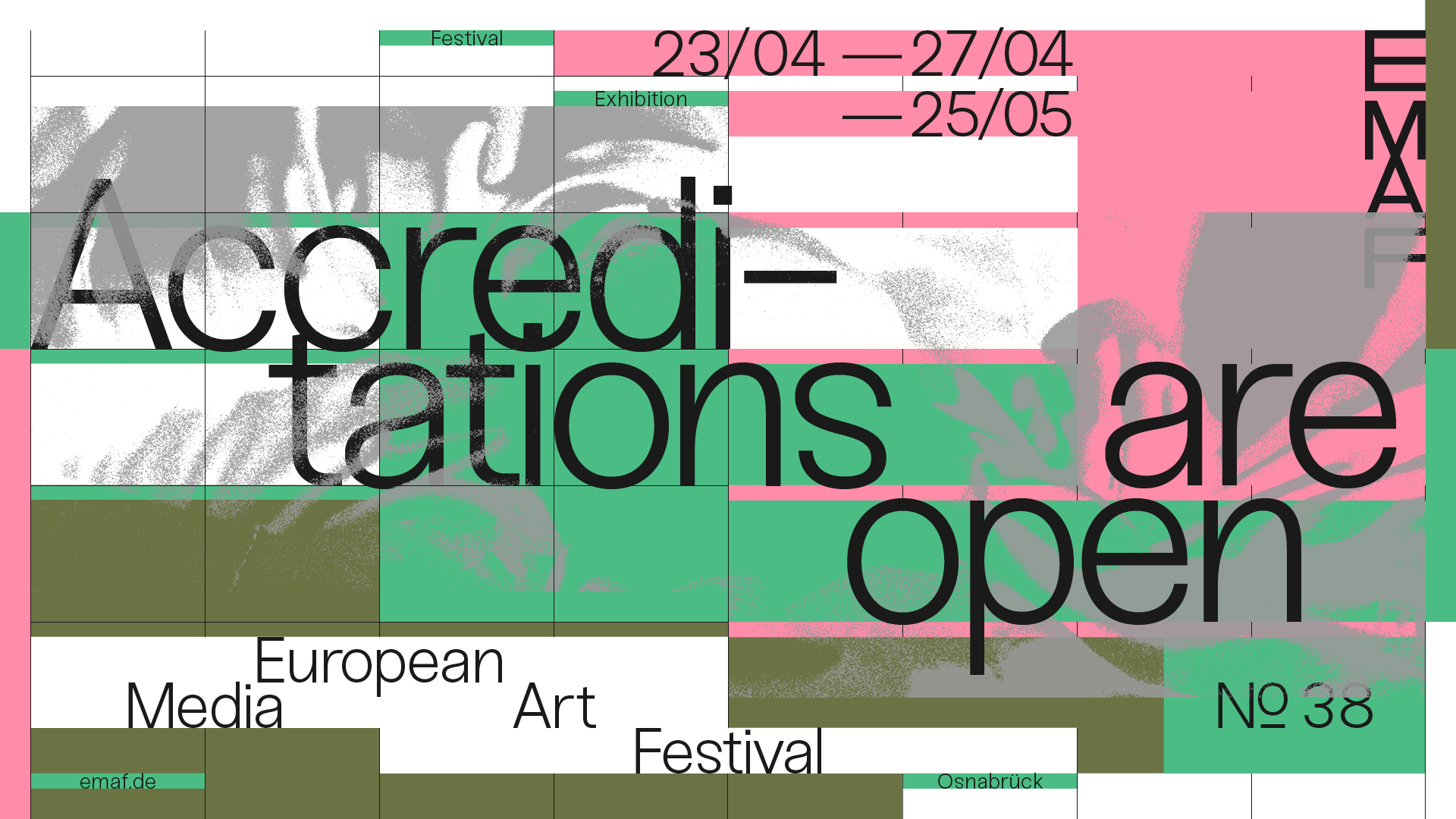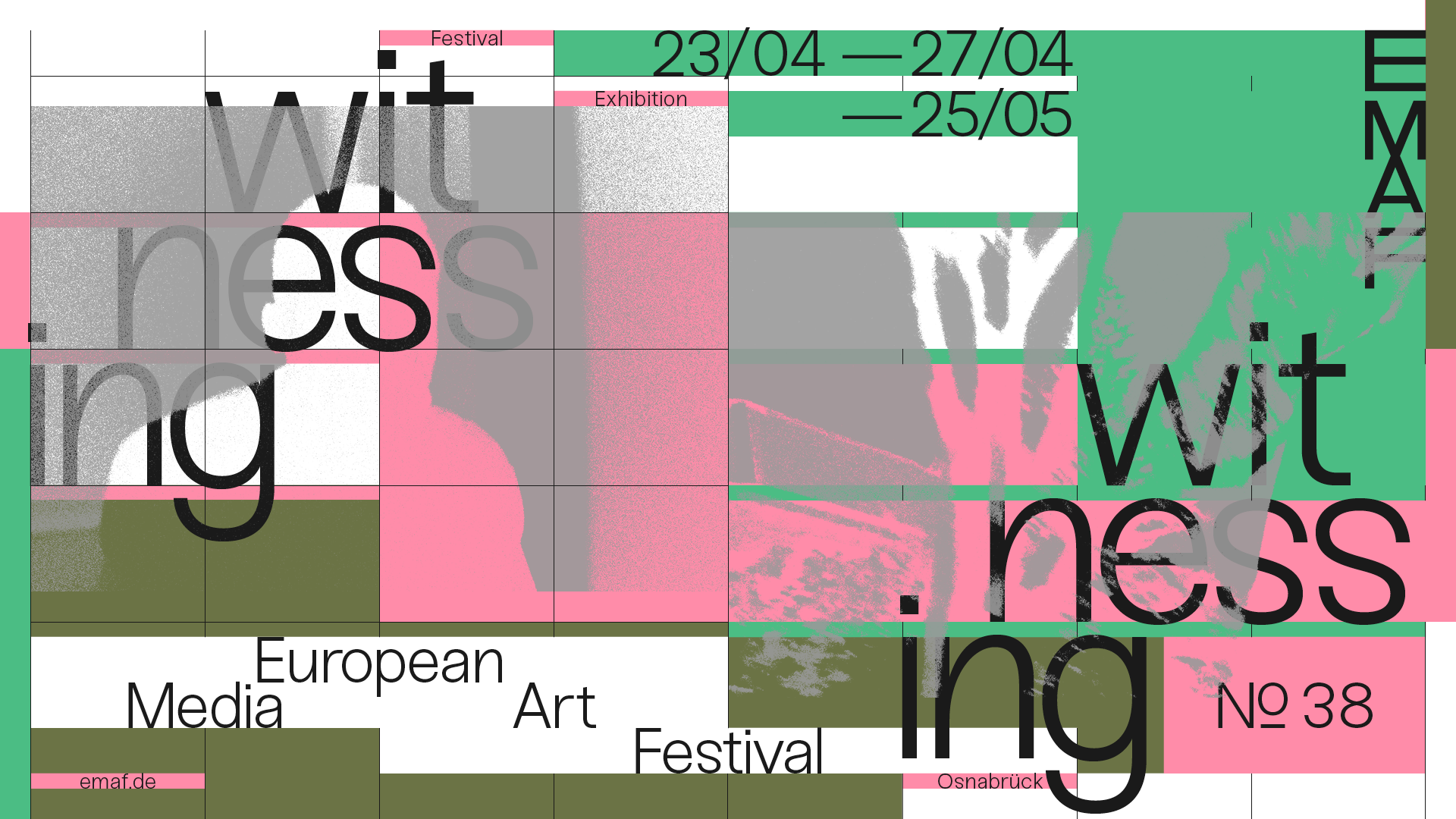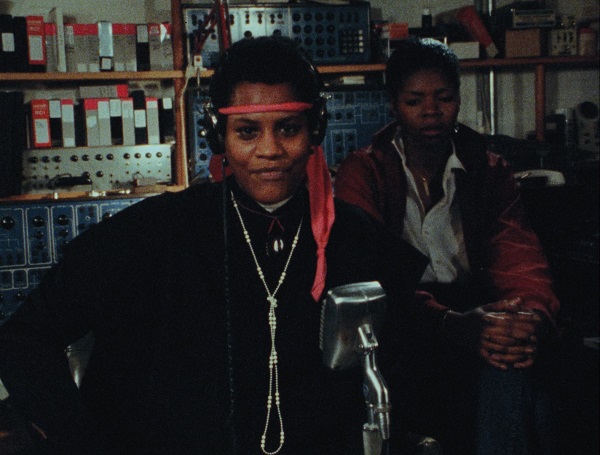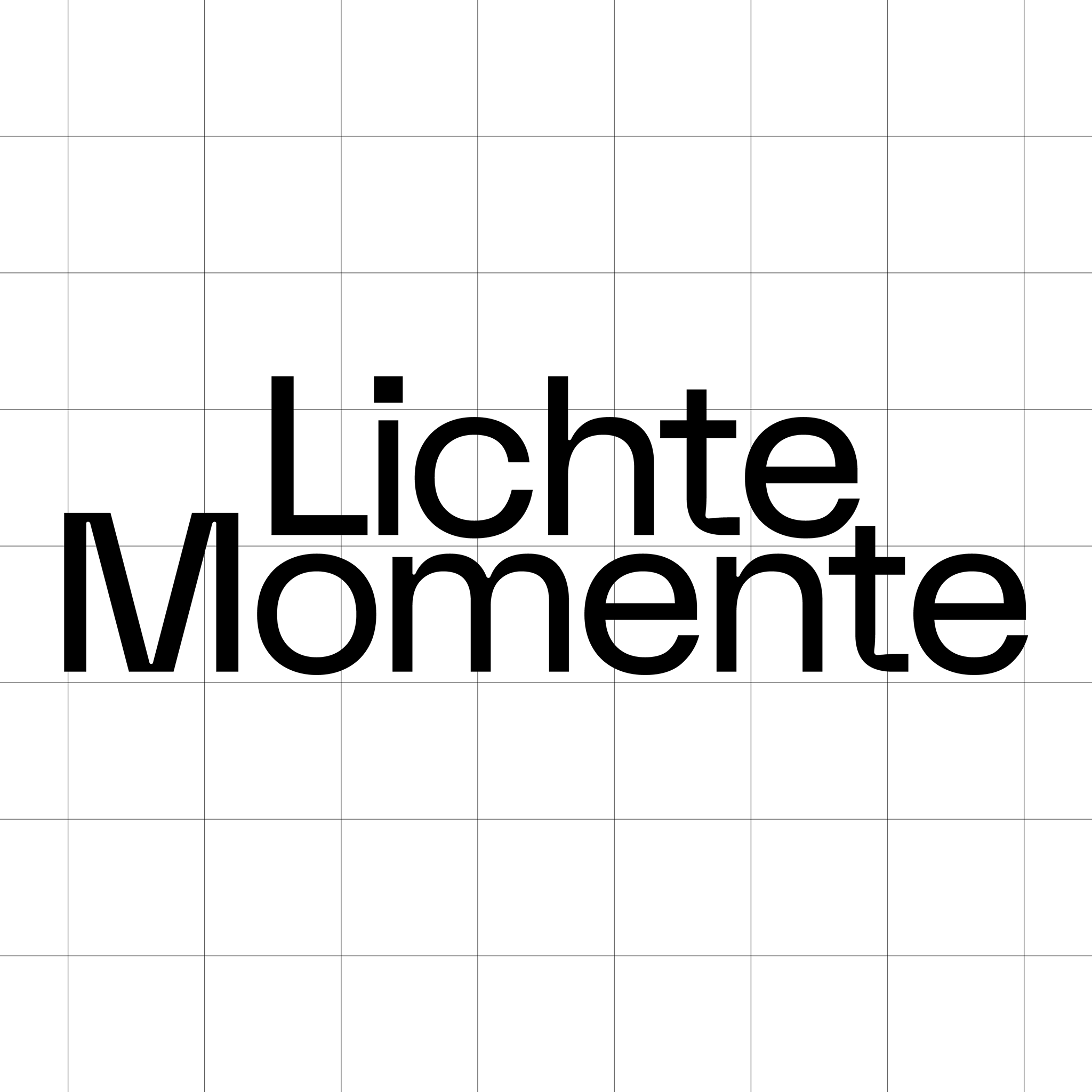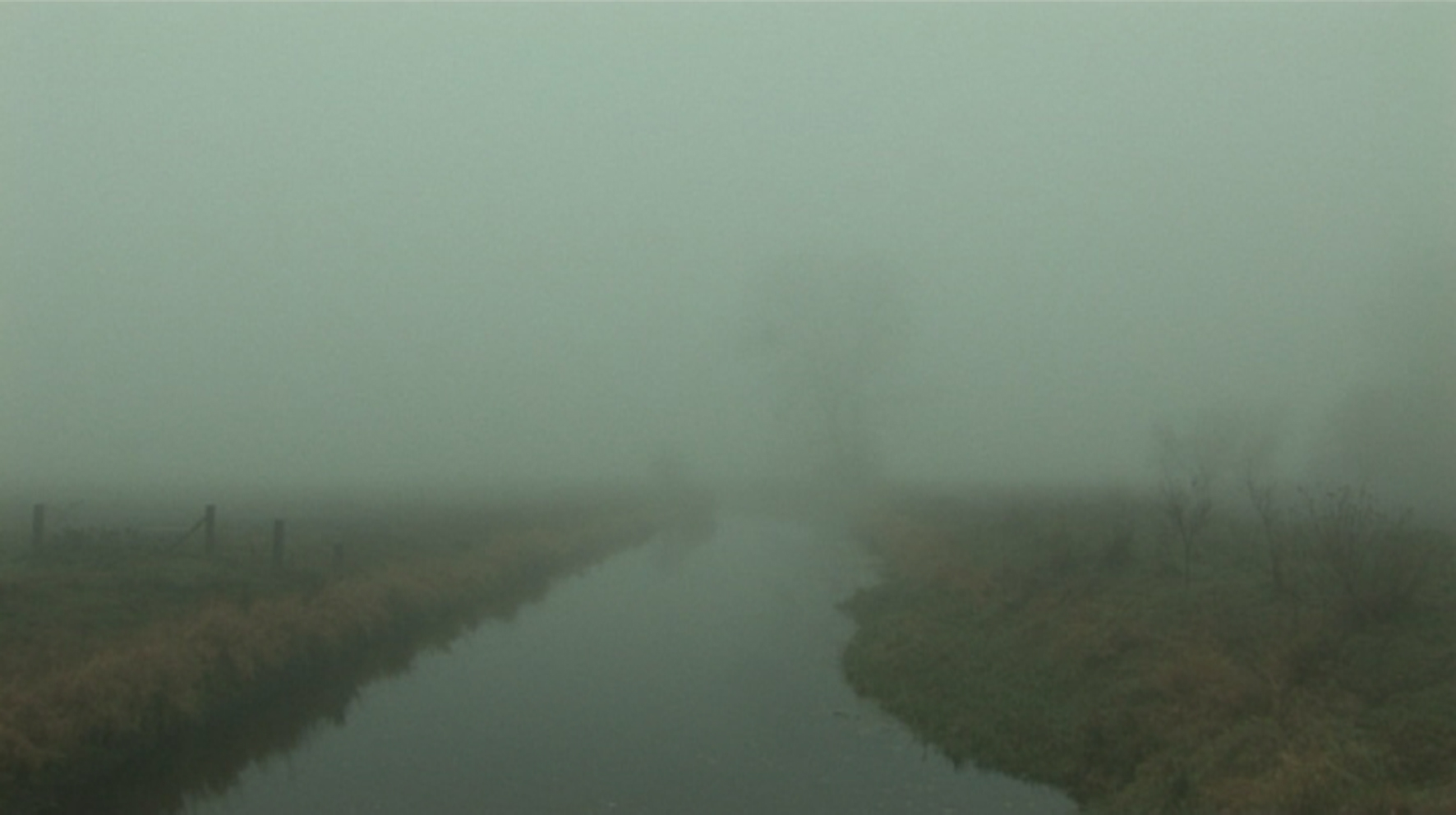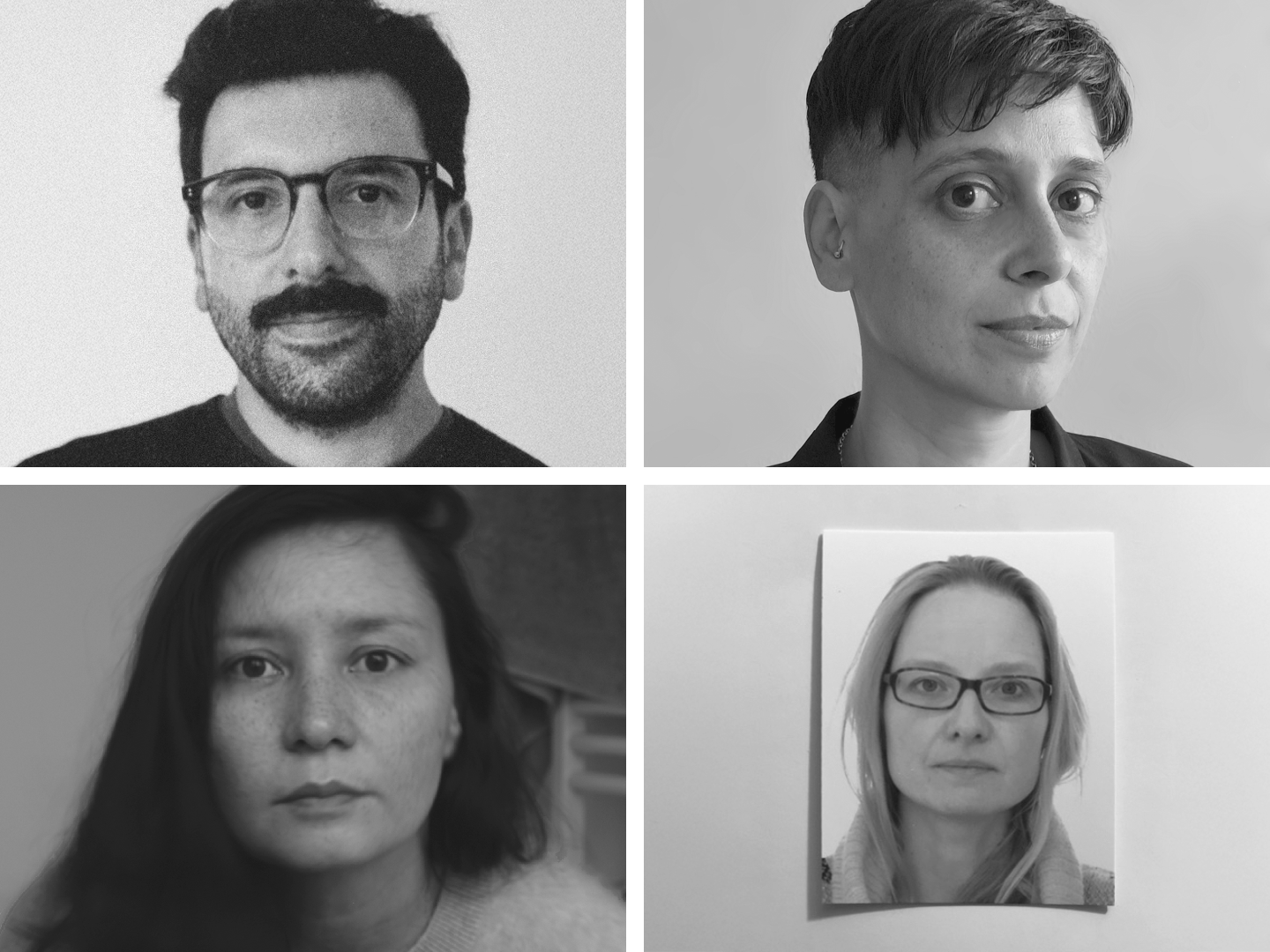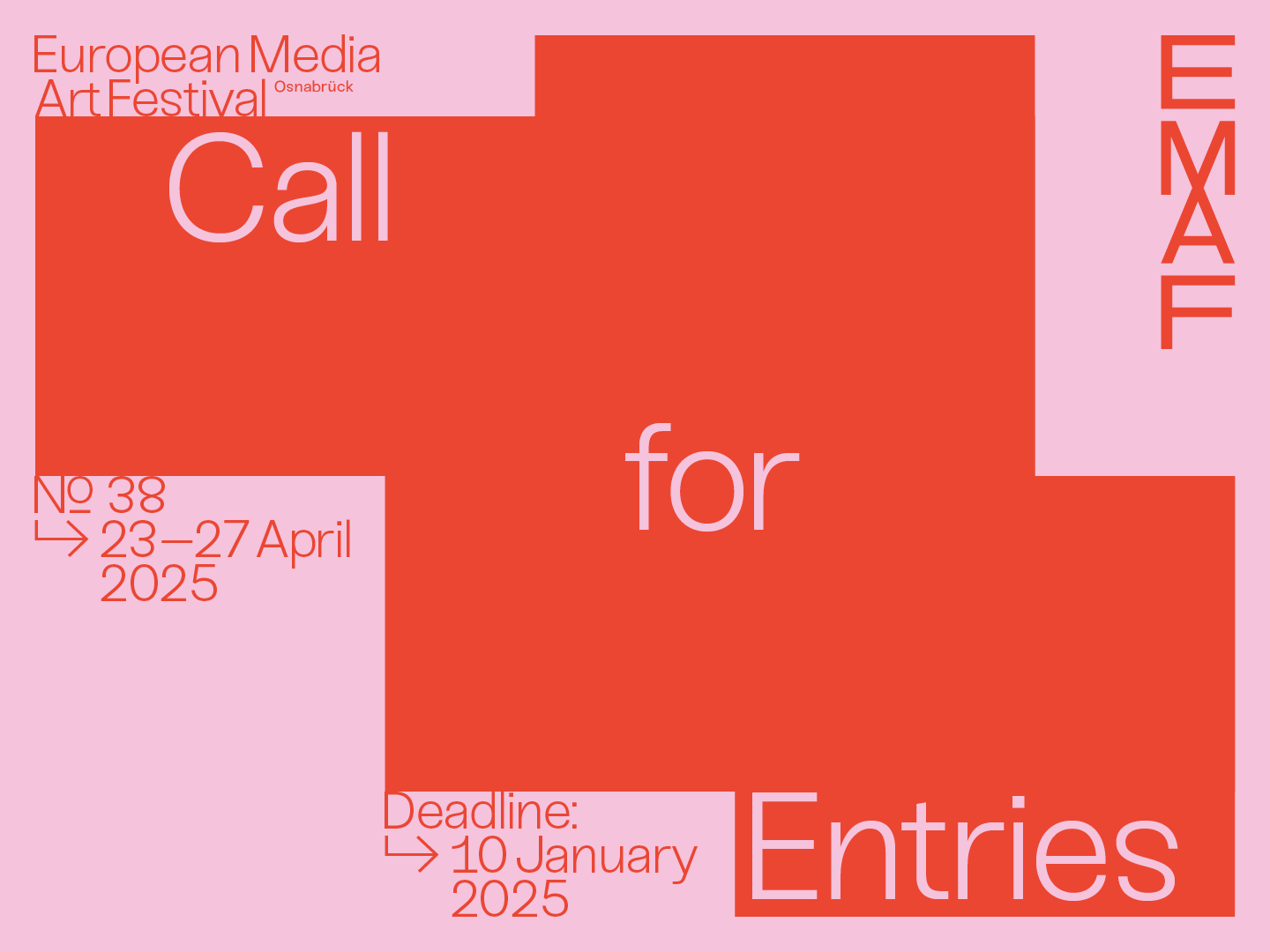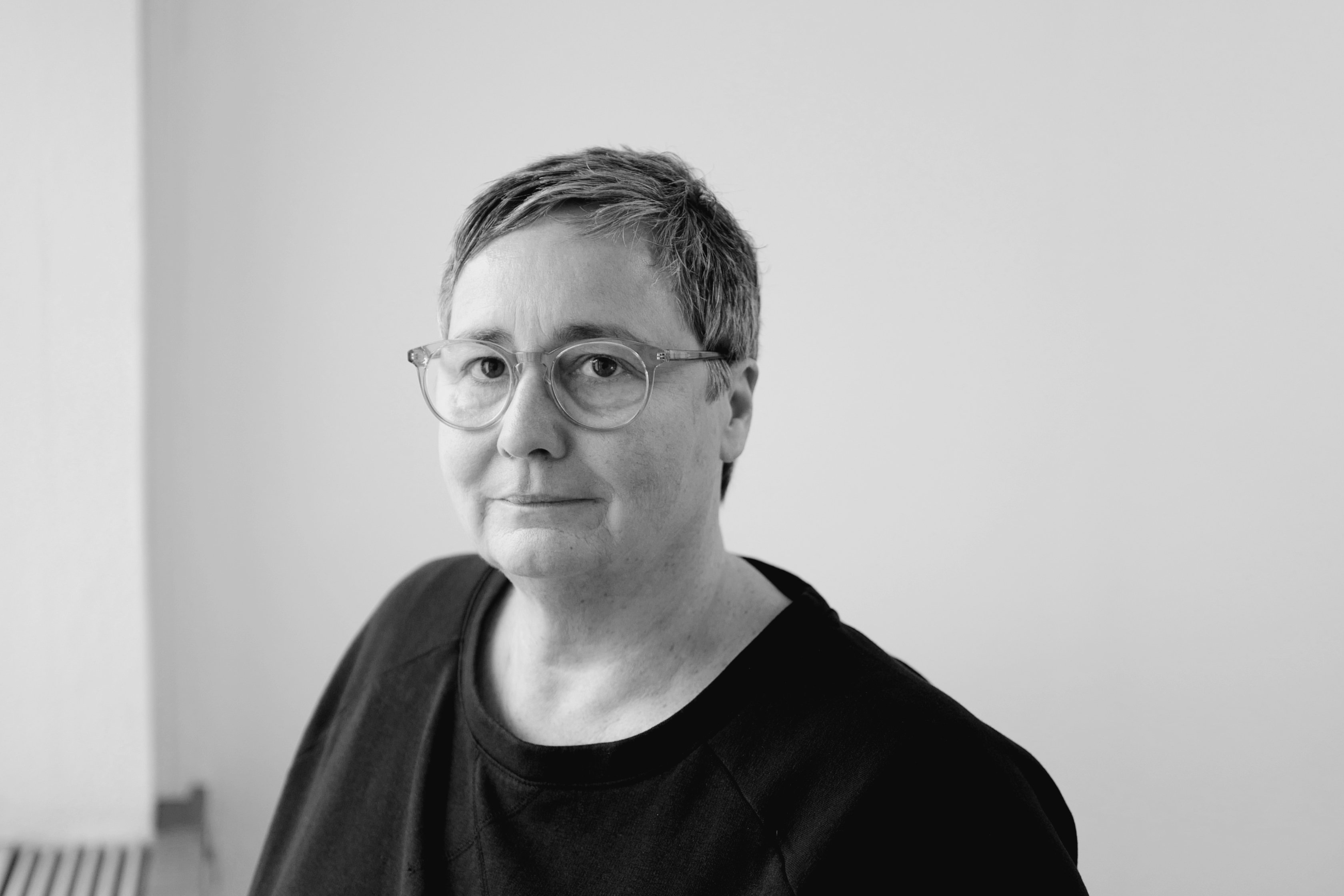10/20/2025
EMAF 39 - Meet the Programmers

Viewings have begun, and we are delighted to introduce the selection committee, who will be discussing the many film entries received to compile the festival programme over the coming months. Juan David González Monroy, Rita Macedo, Christina Stuhlberger, and Clarissa Thieme were responsible for programming the short and feature films last year, alongside Katrin Mundt. New to the team this year is Tendai Mutambu, whom we warmly welcome!
We are looking forward to working together in the coming months! The results of the selection process will be announced in mid-March.
Programming Team 2026
Juan David González Monroy is a visual artist based in Berlin. Since 2010, he has collaborated with Anja Dornieden under the moniker OJOBOCA. Their practice focuses on photochemical film and cinema as a social ritual. OJOBOCA’s films, installations, and performances have been featured at festivals, solo screenings, and exhibitions, including the Museum of the Moving Image, ICA London, Berlinale, and New York Film Festival. Juan works as an archivist at Arsenal – Institute for Film and Video Art, where he programmes the series Condition Report, focused on screening film prints from the archive.
Rita Macedo is a filmmaker and artist based in Berlin. Her work, shown internationally in exhibitions and film festivals, moves between non-fiction, speculative invention, and narrative disruption to probe the unstable terrains of meaning and memory. Through a practice that resists fixed interpretation, she investigates shifting relations between image, perception, and time. She is an Artistic Associate at the Braunschweig University of Art.
Tendai Mutambu is a writer and curator whose work centres on contemporary artists’ moving image and the essay film, with a focus on Black diasporic practices. Recently, he was Development Editing Fellow for Logic(s) at Columbia University’s INCITE Institute, and an associate producer for Aura Satz’s Preemptive Listening. He has held programming roles at Spike Island, LUX Moving Image, London Film Festival, Berwick Film and Media Arts Festival (all UK), and Govett-Brewster/Len Lye Centre (NZ). He’s a regular contributor to Ocula, Art Monthly UK, and ArtReview.
Christina Stuhlberger is an artist and filmmaker based in Vienna and Brussels. She co-founded elephy, a collective and platform for film and audiovisual art, and serves as a guest programmer for the Courtisane Film Festival in Ghent. In addition to her artistic work, she is a doctoral researcher in the arts at the LUCA School of Arts in Brussels and teaches in the Doc Nomads international master’s program in documentary filmmaking.
Clarissa Thieme is a filmmaker and artist. Her films, installations, and performative interventions focus on the fissures between individual memory and its translation into processes of historical objectification. Her latest work explores a living archive as a new commons and vulnerability as an artistic strategy of resistance and solidarity. Thieme co-founded ARchipelago, a site-specific archiving platform, and the open-archive initiative Između Nas/Between Us at the Sarajevo Video Archive. She is a PhD candidate at the Artistic Research Center (ARC) at the Vienna Film Academy (mdw).
The 39th European Media Art Festival will take place from 22 to 26 April 2026. The exhibition at Kunsthalle Osnabrück will continue beyond the festival, closing on 25 May 2026. We are looking forward to your entries - this year´s deadline is 22 December 2025.
